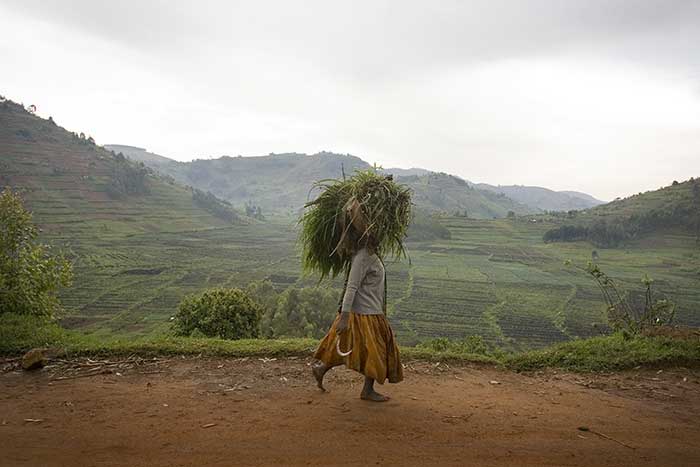web_ruralrwanda_shutterstock_242478691.jpg

Rwanda's government hopes to reach middle-income status by 2020 and lift many more Rwandans out of poverty. This will mean focusing on areas outside of capital city Kigali, where poverty is more entrenched.
The institute will be established by the Rwanda Association of Local Government Authorities (RALGA) in partnership with the Commonwealth Local Government Forum and the UK’s Local Government Information Unit.
It will provide practical training and capacity-building initiatives for local officers and elected representatives from across the east African nation, as well as provide policy guidance and support for local economic development.
Innocente Murasi, RALGA’s capacity building unit manager who will head the institute when it launches this summer, told Public Finance International that PFM would be a key element of its mission. It will deliver a combination of short courses, e-learning, and a master’s degree programme developed in partnership with the University of Rwanda.
The PFM component of each has already been designed, with topic-specific short courses focused on areas such as procurement or contract management, and similar modules built in to the master’s course.
The institute will also work closely with national institutions such as the ministry of finance and auditor general’s office, and organise knowledge-sharing forums for professionals working in local government.
Yves Ningabire, deputy secretary general of RALGA, explained to PFI that this is closely linked to another of the institute’s priorities – to support the local economic development of Rwanda’s districts.
Ningabire and Murasi spoke to PFI on a visit to the UK to finalise their plans for the institute. A RALGA delegation has visited Camden and Norwich councils as well as taking part in sessions with leading experts on service design and professional development.
Ningabire highlighted that the aim is for authorities in Rwanda is to become financially self-sufficient, but 85-90% of revenues currently come from the central government.
“The key challenge remains to increase the potential of the districts and their ability to generate their own resources, because this is when they will have financial autonomy and be able to really provide services,” he stated.
Rwanda moved to a decentralised system in 2000. Ningabire attributes the rapid development of the country in only a few years since the genocide in 1994 to the successes of devolution.
The national government has now set the ambitious target of graduating to a middle-income country by 2020, and Murasi said the institute would be helping local authorities to match national policies and ambition with local needs and realities.
One element will be to develop a better understanding of local needs and opportunities in order to deliver evidence-based policies towards local economic development, she added.
Both the CLGF and the LGiU will support RALGA and the institute in how to best meet the needs of local authorities going forward.
Jonathan Carr-West, chief executive of LGiU, highlighted that local government works best when practitioners are given the right tools to succeed.
“We are happy to share those tools with colleagues in Rwanda as they look to enhance local government and the delivery of services there.”
Deputy secretary general of CLGF, Lucy Slack, added the partnership is an important opportunity to pool ideas and expertise, and enable the institute to draw on experiences from the UK and other commonwealth countries.
The institute will then be able to “ensure that local leaders and staff have better access to practical policy materials and training support to further improve the effectiveness and efficiency of local government”.
“Through synergies we can really achieve a lot,” said Ningabire, “and we have high hopes of achieving a lot more through these partnerships.”













